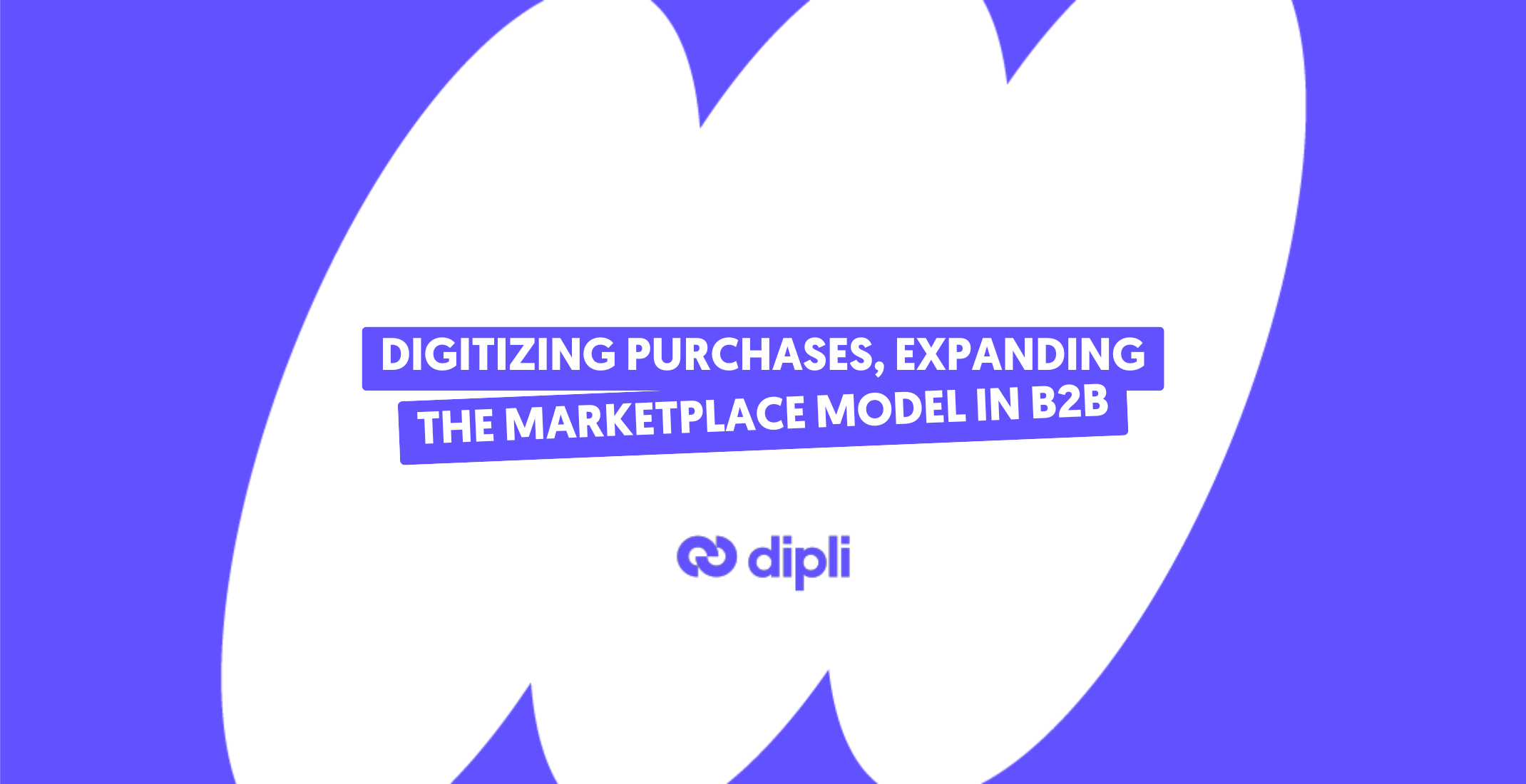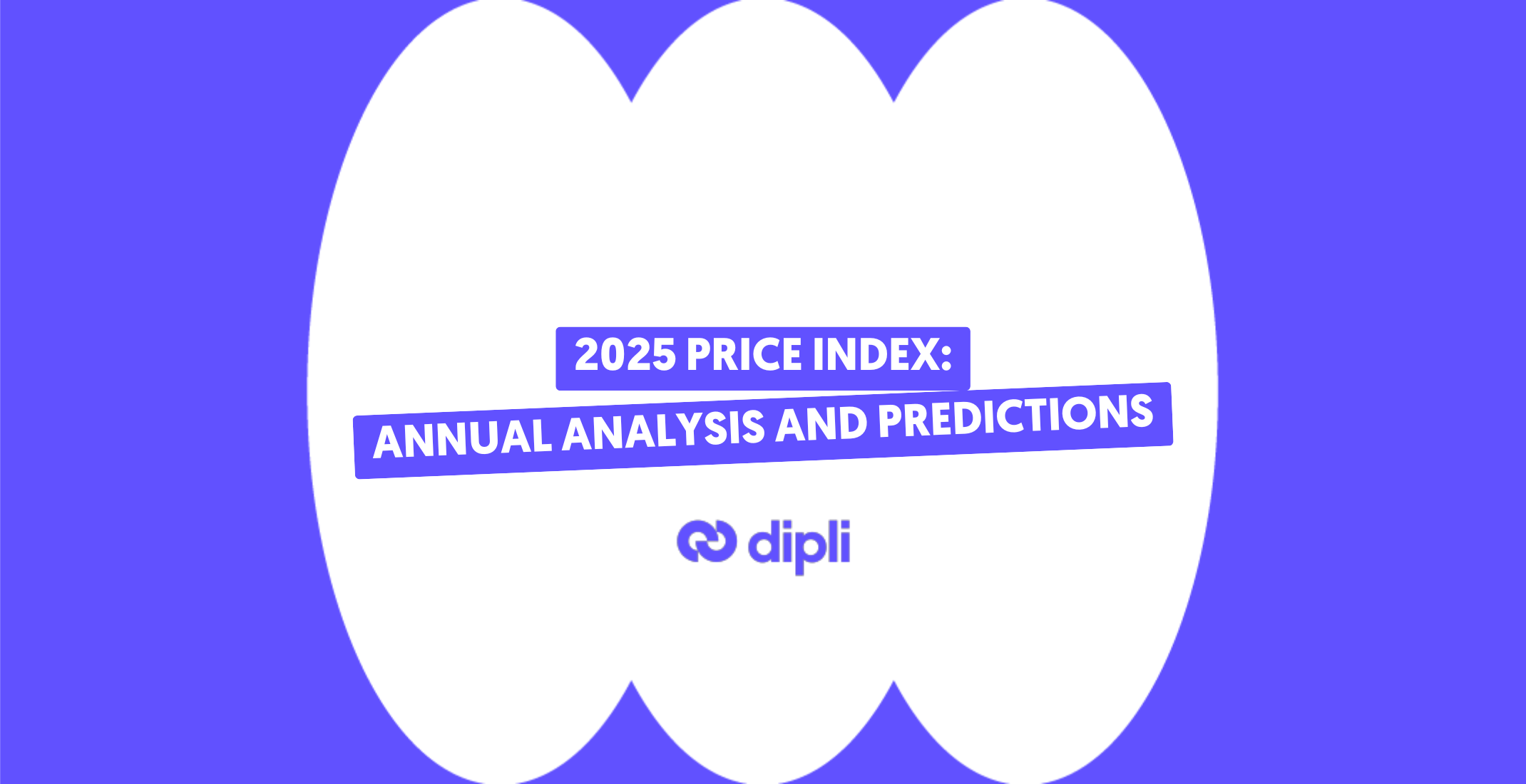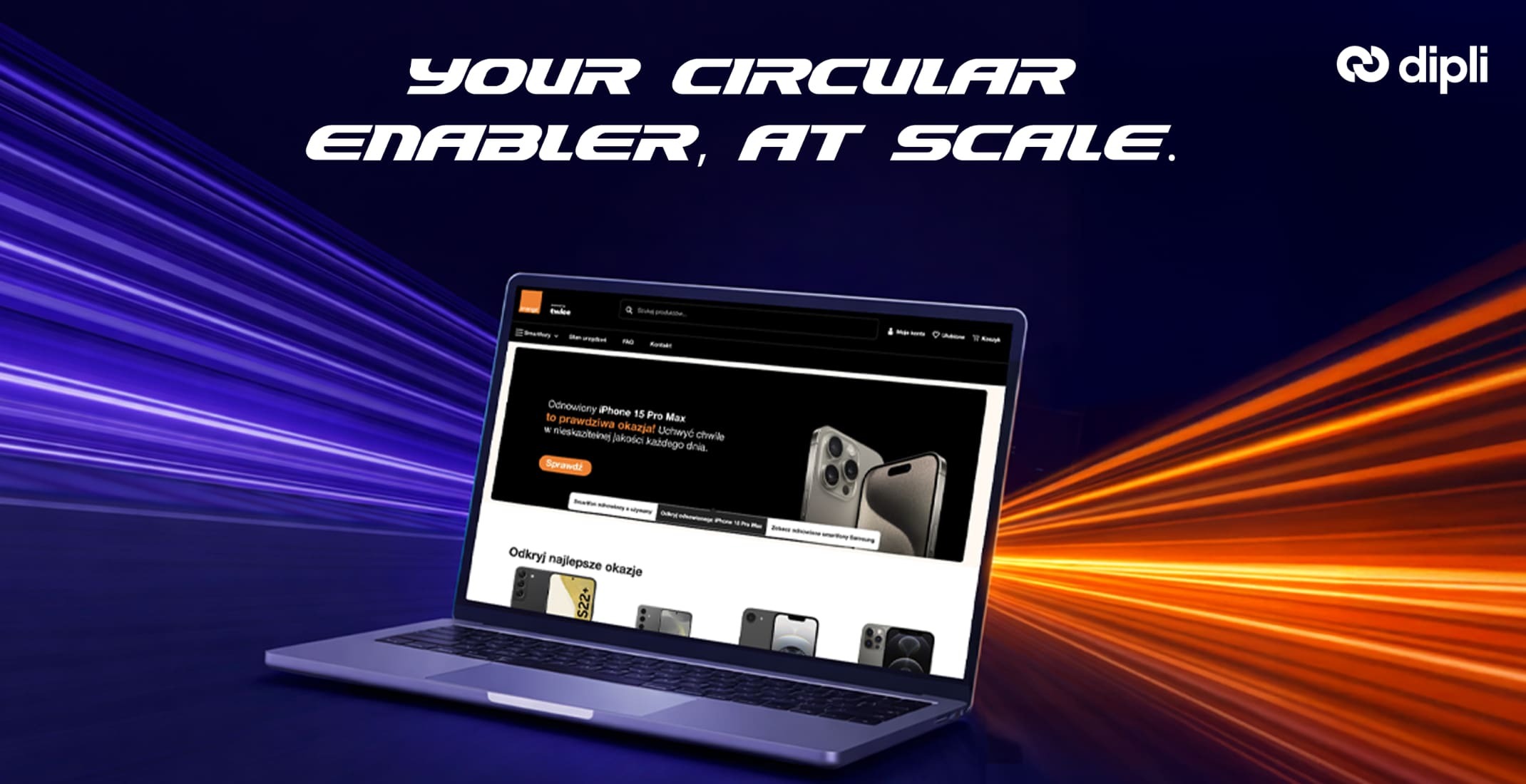Digitizing purchases, expanding the marketplace model in B2B
17/08/2023
0 comments

The wave of plateformization of B2C trade on a global scale has taken place, and in all sectors. The second wave, that of ultra-specialization of B2C platforms is underway to respond to new consumer trends: 100% organic, 100% local, 100% reconditioned etc.
On the B2B side, the digitization of exchanges has accumulated a delay that is estimated at 10 years today.
Why ? Because buyers were not yet aware of digital sourcing with solutions that poorly supported the specific functions of B2B. The providers were not technically ready to connect to the Marketplaces APIs.
Yet the first B2B marketplaces arrived early on the Asian continent with Indiamart in 1996 and Alibaba in 1998. The more specialized “new models” appeared from 2009 with LeNewBlack (fashion), Retif (equipment), Agriconomy (agricultural) etc. Since their number has more than tripled and we are witnessing the “spring of the B2B marketplace” as confirmed by the Roland Berger 2018 study. The conditions are finally met and the solution is facilitated by structures like Mirakl or Wizaplace.
The model appeals to B2B markets because it digitizes and simplifies the supply side by bringing transparency and security to exchanges. There is also an “intra-company” application within groups such as Dassault Systèmes or AccordHotels that digitize their internal procurement with the marketplace solution.
By 2020, B2B online sales will be worth $6.7 trillion globally, or 27% of all B2B sales globally (according to a study by Frost & Sullivan). The marketplace model is attracting more and more B2B players, what are its advantages?
Buy time
With a single point of contact for :
- Compare suppliers. Prices, packages, speed, popularity of the seller etc. All its criteria are confronted via the algorithm to offer the best option to the buyer.
- Simplify management. Invoices, credit notes, payment deadlines, parcel tracking numbers, everything is available in the same place 24/7.
- Manage after-sales. The management of product returns is very time-consuming. The platform makes it possible to reduce the time spent declaring failures, obtain return authorizations and follow the treatment of the after-sales service.
Improve profitability
With customized services specific to B2B:
-
Dropshipping. When the platform allows direct delivery to the end customer, the buyer saves a logistics step and a major constraint related to storage is then eliminated (inventory depreciation).
-
Payments. The marketplace decompartmentalizes the payment options for the pros with a wide range: cash payment (credit card, transfer, crypto, direct debit, Paypal) and deferred payments to + 30 days. Digital factoring makes it possible to relieve debts on the seller side and equipped B2B marketplaces are able to pay their sellers much faster than in B2C model (3 days vs 20 days).
-
Volume prices. This is one of the main components of B2B trading: volume-based price trading. While it is difficult to digitize this function to make it accurate in real time, it is nevertheless the keystone of B2B e-commerce. This model must take into account the “multicart” (a basket can involve several sellers), the different VAT rules possible within the basket (import or local, used or new etc.) and the shipping costs associations.
Avoid the risks
Security is essential for the marketplace, which is a “trusted third party” in exchanges.
-
Seller risk. Suppliers are checked and their quality is physically checked according to the strict quality criteria set by the platform. In the event of non-compliance with the quality charter, suppliers are temporarily or definitively excluded.
-
Market risk. Buyers have access to regularly processed and made available market data. Better sales, better margins, predictive models, recommended selling prices, etc. This data helps to understand the market and minimize competitive risks.
-
Payment risk. The platform is subject to the controls of the Payment Service Provider and Electronic Money (PSP/ ME) to fight money laundering for example. This protocol requires great rigor in the processing of payments and completely eliminates the risk of fraud. Transactions are thus 100% secure and put buyers and sellers in confidence.
Clearly, a B2B marketplace is a turnkey solution for professionals that integrates historical services and offers new benefits, all 100% digital. Ideal to digitize your purchases.
Dipli simplifies the second life of electronic products.
An all-in-one tool for distributors, leasing companies, telecom operators and companies to manage the entire value chain in one place.
The platform connects the electronics industry to secondary markets; simply and securely. Trade-in and return management, refurbishment, omni-channel purchasing and distribution: Dipli covers and simplifies all stages of the circular economy.




Comments (0)